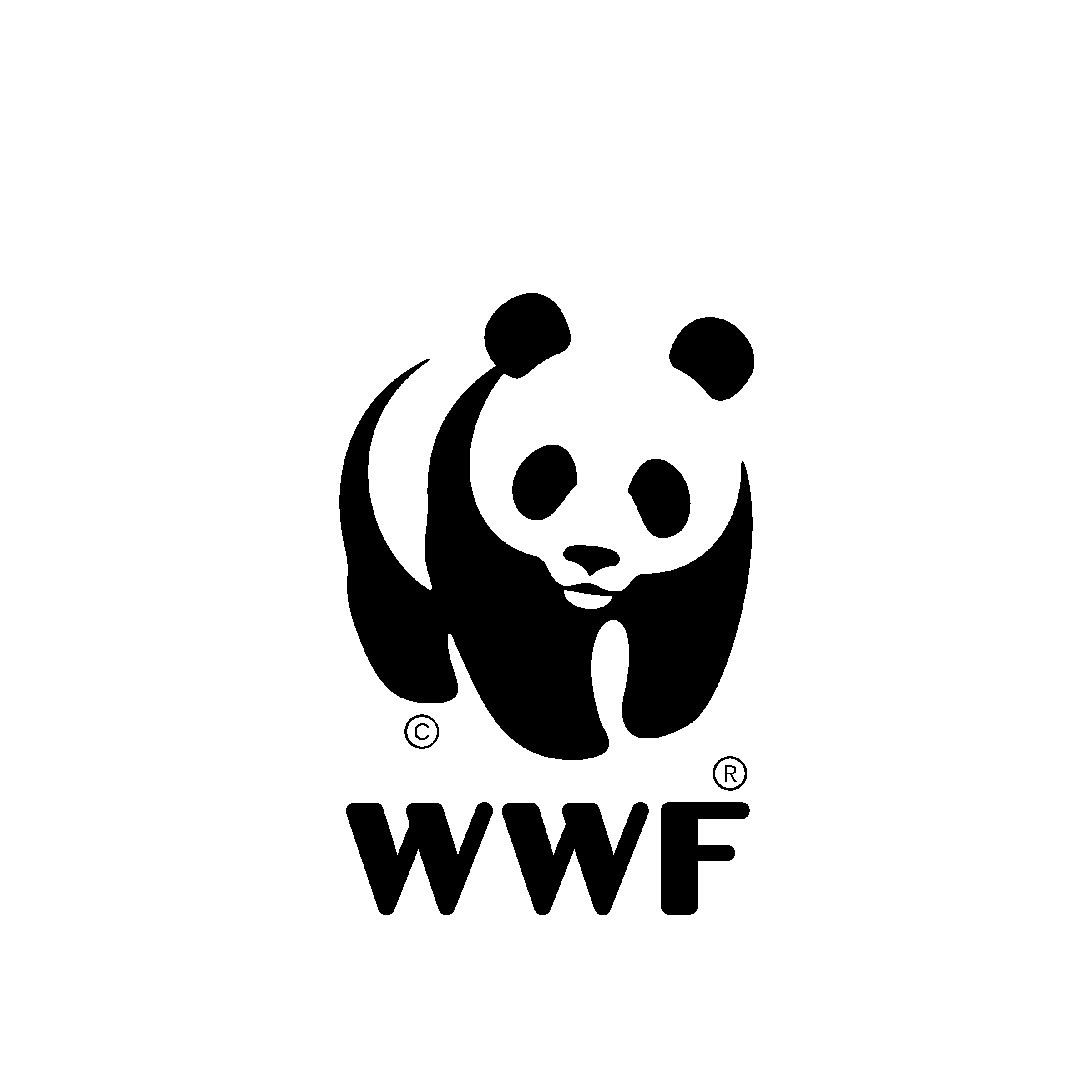ABOUT
Focus Programmed Area
Partner
This project aims to increase certified sustainable production of palm oil to support livelihoods, jobs and businesses that will become providers of high quality, sustainable products for the global market. RSPO Certification will be the main vehicle to achieve these objectives.
Our Support
WWF supports the implementation of national and state policies through our Sabah Landscapes Programme (SLP), which has three pillars: Protect, Produce and Restore. SLP aims to support the achievement of the Sustainable Development Goals by integrating the protection of forests, wildlife and rivers with RSPO Certified palm oil production, and restoration of ecological corridors and riparian reserves.
Building on Sabah State’s commitment for 30% Totally Protected Areas, there needs to be local spatial planning to reduce the chances of Class 1 (protection) Forest Reserves and State Parks being degraded or deforested. This landscape-level planning can address the current shortcomings of site-by-site certification, and help to reduce ‘leakage’ of producers clearing new areas to avoid complying with certification principles, such as protection of High Conservation Value and High Carbon Stock areas. Furthermore, oil palm agriculture can have adverse and cumulative effects on freshwater ecosystems, from residues of fertilisers and pesticides, to palm oil mill effluent.
Certified sustainable production of palm oil is required to support livelihoods, jobs and businesses in such a way that they become providers of high quality, sustainable products for the global market. WWF will engage with the palm oil industry to facilitate this change, through advocacy and provision of technical support. All Sabah producers should be MSPO certified before 2020, and WWF supports this as a first step to reaching the international RSPO Standards. In this process, WWF has been requested to target medium-sized oil palm growers (>50 hectares) without their own mills, who account for 50% of Sabah’s oil palm areas. Some smallholders will also need assistance, and moving these independent growers to sustainable production relies on both government policy and market demand, and requires new models of group certification, which help reduce costs and deliver change at scale.
Ecological corridors are needed to connect isolated wildlife populations in forest fragments and to reduce the risk of local extinctions from inbreeding, hunting and climate change impacts. There are opportunities to link forest blocks on both state and private lands, and there is a need to restore many riparian reserves. Furthermore, some large forest areas have been badly degraded by heavy machinery and forest fires. So a central element in the Sabah Landscapes Programme will address these issues through reforestation.
This project aims to increase the certified sustainable production of palm oil to support livelihoods, jobs and businesses that become providers of high quality, sustainable products for the global market. RSPO Certification for independent smallholder groups will be the main activity to achieve these objectives because of the large area they occupy in Sabah, and moving these independent smallholders to more sustainable production will need to be supported by both government policy and market incentives.
WWF-Malaysia through this project will engage with the palm oil industry to facilitate this change, through advocacy and provision of technical support. This project is also in support of state government policy commitment of 100% RSPO Certified palm oil production by 2025. In order to achieve this, this project has adopted the cooperative approach as its legal entity and has been supported by WWF-Malaysia in the initial stages. In the long run, the group is expected to be self-sustained and managed independently by its group members.
CONTACT
Elaine Clara Mah
Communications Manager
Address
Suite 1-6-1W10-W12, 6th Floor, CPS Tower Centre Point Complex, No.1, Jalan Centre Point, 88800 Kota Kinabalu, Sabah, Malaysia
Malaysia
Email
[email protected]
Telephone
+6088 262420





